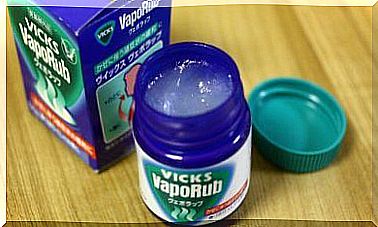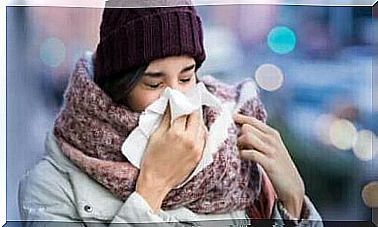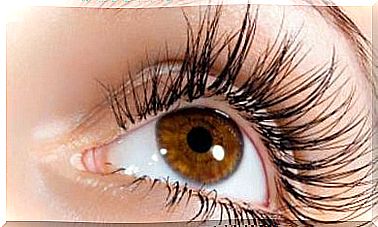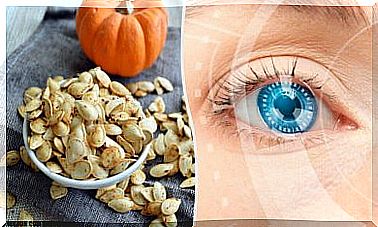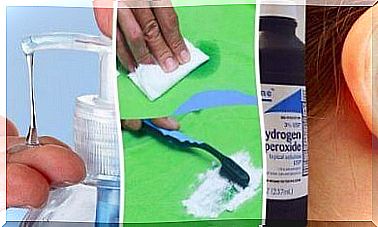5 Tips For Preventing Hair Loss

Are you losing more hair than you should? Do you notice that a lot of hair remains on your brush after combing? If so, then you need to take immediate action. Here are five things you can do to prevent hair loss.
Preventing Hair Loss: Five Tips
Hair loss is a problem that goes beyond aesthetics. However, consult an expert before undergoing any treatment. They should be able to evaluate the underlying cause. In addition, it could be due to a hormonal imbalance, illness or perhaps some kind of nutritional deficiency.
Regardless of the cause, you can try certain things to do something about it. However, keep in mind that stopping hair loss will not happen overnight. The remedies will only strengthen your scalp and hair roots over time. Ready to take notes?
1. Improve your diet

Healthy food supplies your body with the necessary nutrients for the health of your hair. Food plays a very important role in hair care. When it comes to hair loss, it is important that you optimize your nutrient intake.
A recent study published in 2018 found that diets rich in raw, fresh produce can reduce the risk of alopecia, the scientific name for hair loss.
The results showed that there was greater control over excessive hair loss when participants consumed foods such as parsley, basil and salad greens three or more times per week. Furthermore, a good diet for the hair should include the following:
- Sources of proteins with a high biological value, such as lean meat, fish, legumes, eggs and dairy products, among others.
- Good sources of vitamin A, such as sweet potatoes, bell peppers and spinach.
- Sources of vitamins B, C, D, iron, selenium and zinc.
- Foods that contain a lot of biotin (vitamin B7).
2. Preventing hair loss by using a mild shampoo
The harsh chemicals in most commercial shampoos often dry out your hair and can lead to hair breakage. Some formulas even change the pH of the scalp and cause other problems like itchiness and dandruff.
Instead, opt for mild shampoos, preferably homemade and additionally made with all-natural ingredients. Use them daily to keep your scalp clean and healthy.
Be sure to select a suitable shampoo for your hair type: dry, oily or mixed. This way you can avoid side effects when using it.
3. Dry your hair naturally

If you want to prevent hair loss, avoid using hair dryers and other appliances that heat your hair. The daily use of hair dryers causes hair breakage and can lead to excessive hair loss. For this reason, it is important to let your hair dry naturally.
You can also remove some moisture with a clean, soft towel. This measure prevents, among other things, irritation of the scalp and split ends.
4. Preventing hair loss by massaging your scalp
Massage helps improve blood circulation in the scalp. It also promotes oxygenation in the hair follicles. While there isn’t much scientific evidence for this, some small studies suggest it does lead to good results.
In addition, you can supplement the massage of your scalp with some essential oils. Oils that are good options for this include:
- coconut oil
- almond oil
- olive oil
Method
- Massage your scalp for 3 to 5 minutes, preferably before going to sleep.
5. Manage your stress

Stress affects almost all aspects of your health. In addition, your hair is very sensitive to your emotional state. Constant exposure to stressful situations is one of the possible triggers of hair loss.
You will have to adopt certain habits to keep your emotions under control. We mention some useful techniques such as:
- Exercise regularly.
- Practice yoga or Pilates.
- meditate.
- Do breathing exercises.
- Do aromatherapy sessions.
- Get a massage.
Conclusion
In general, good habits are key to preventing hair loss as they can greatly improve the results you may get from topical treatments.
However, with the help of a doctor, try to determine the underlying cause. It can also be related to nutritional deficiencies or other health problems.


